SYNAPSES Evaluated Resources
On this page you can find all resources that have been identified and evaluated by the SYNAPSES consortium. Are you looking for resources specifically for you? Use the filtering system on the left.
For a description of the Aims and Learning Outomes (LO) refer to this page.
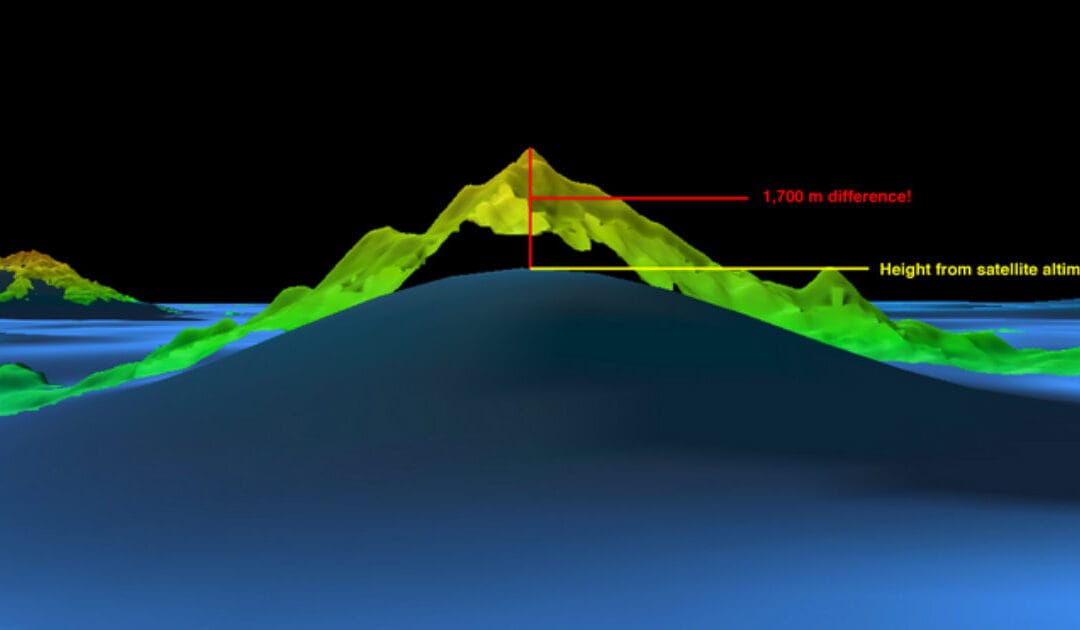
Wet Maps – Seafloor Mapping (NOAA)
High resolution bathymetric maps are essential for finding and exploring geological, archaeological, and biological features in the ocean. In this lesson, students develop and use models to explore seafloor features; analyze and interpret data to explain how multibeam sonar is used to identify patterns of ocean floor structures; construct three-dimensional maps; and learn how multibeam sonar technology extends the measurement and exploration capacity of modern ocean exploration.
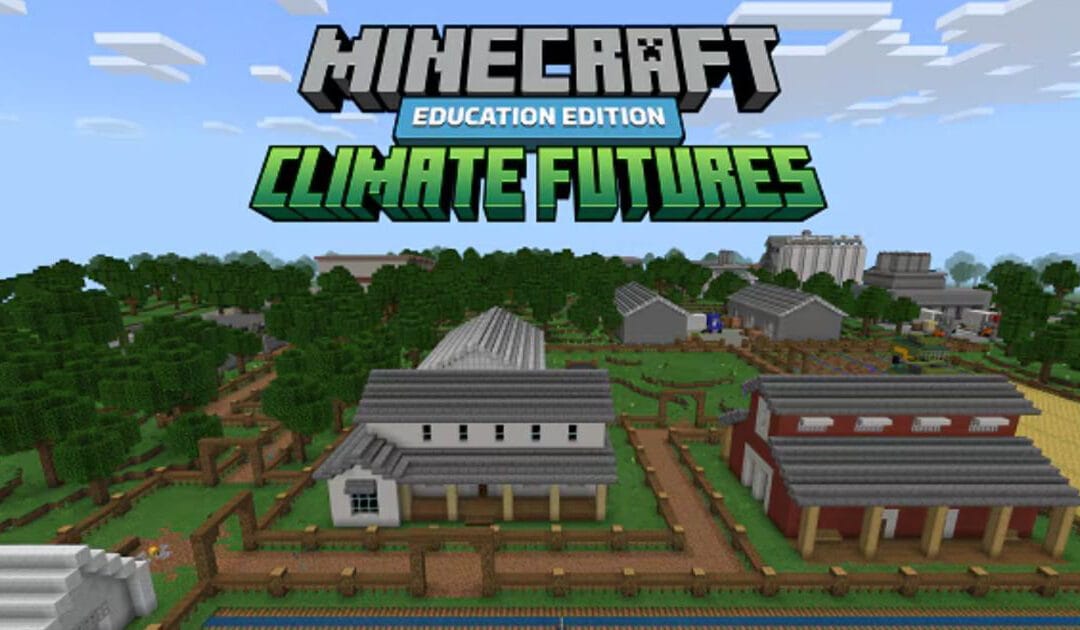
Climate Futures by Minecraft Education
This set of three lessons based in the virtual world of Minecraft aligns with the UN Sustainable Development Goals. Developed in collaboration with the UK Met Office, this resource aims to educate young people about climate change and how they can contribute to improving the future.
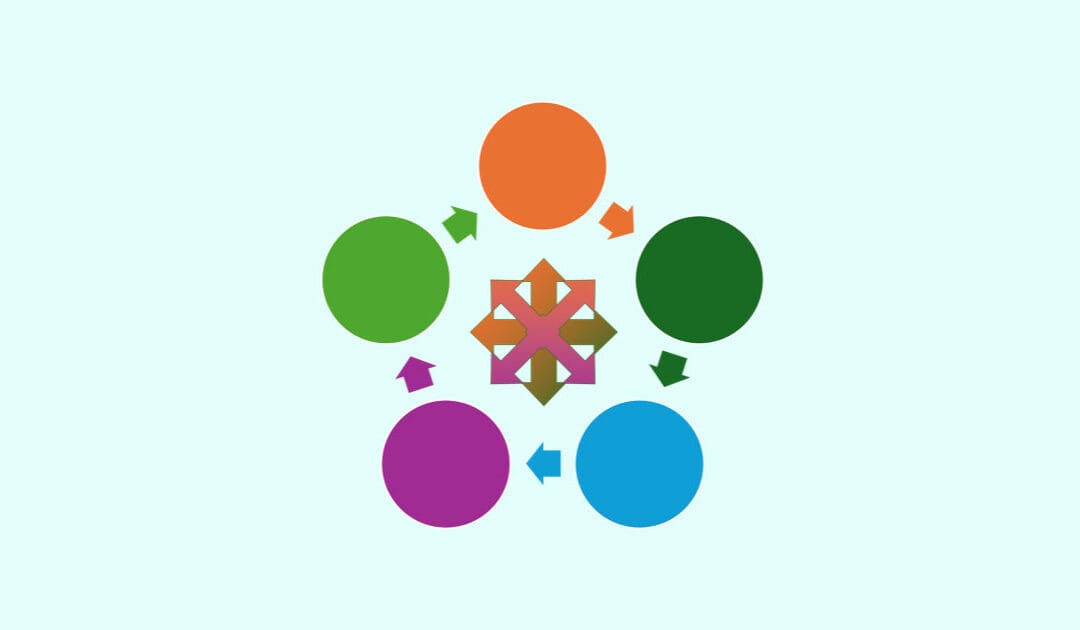
Online self-study courses ESD methods: Station Learning
The document provides a comprehensive guide on Station Learning, outlining its pedagogical background, implementation process, and benefits for education. It explains how teachers can design, prepare, and assess station-based lessons while fostering self-directed, experiential, and competency-based learning. The method promotes engagement, differentiation, and interdisciplinary teaching, making it ideal for modern classrooms.
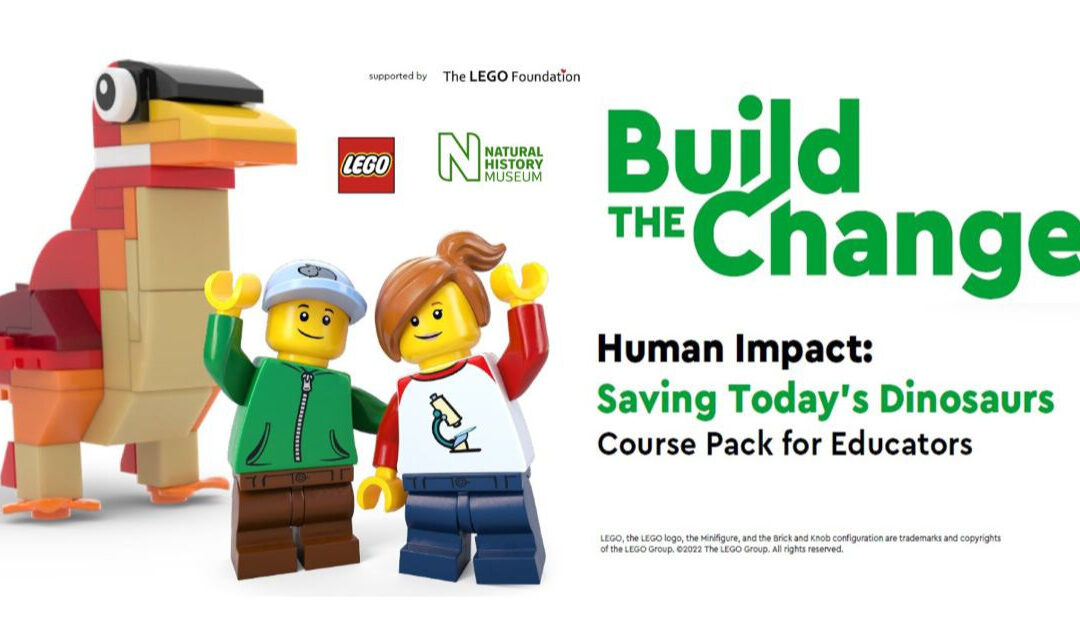
Build the Change: Human Impact
Students will explore how humans impact the planet, using the example of our impact on birds, “today’s dinosaurs.” They will create their own positive impact by devising imaginative solutions to related real-world challenges. This resource was developed by the Lego Foundation and the Natural History Museum London.
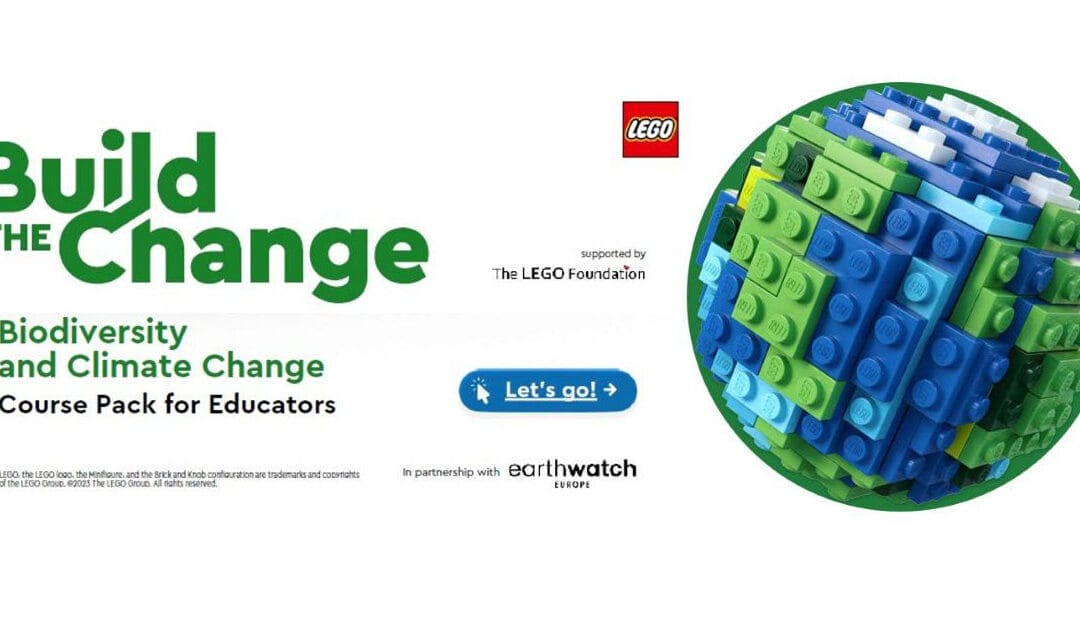
Build the Change: Biodiversity and Climate Change
Biodiversity and Climate Change is a Build the Change course from the LEGO Group and Earthwatch Europe. Lesson plans include materials for five 45-minute ‘Learning Through Play’ sessions plus a “Showcase Day” show-and-tell event to share the creations and ideas from your young learners.
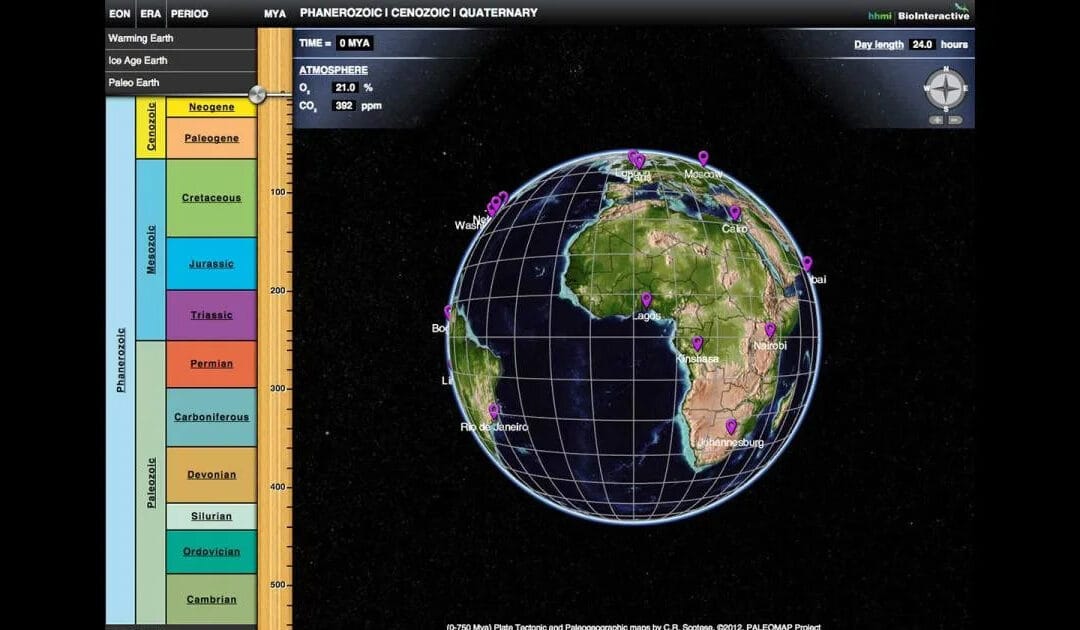
EarthViewer
EarthViewer is an interactive module that enables students to explore Earth’s history from its formation 4.5 billion years ago to the present, illustrating continental shifts, atmospheric changes, and biodiversity over time.
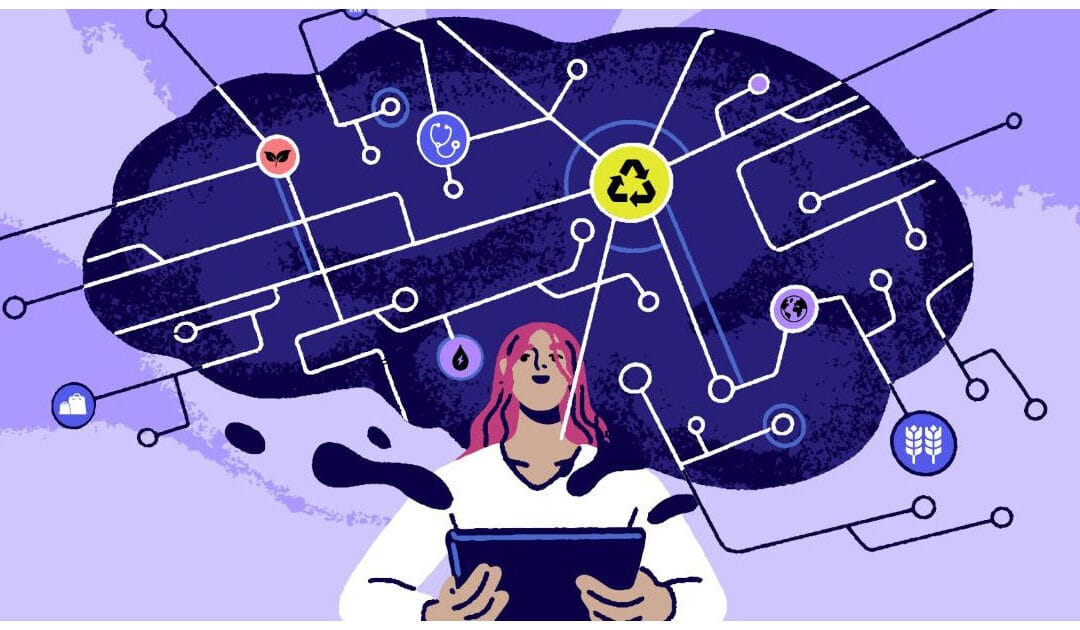
AI and Sustainability – Difficult Choices
Use this one-hour lesson to help your students:
– Learn about AI and its uses
– Discuss the progress of AI and its impact on sustainability
– Decide where AI should be used around the world
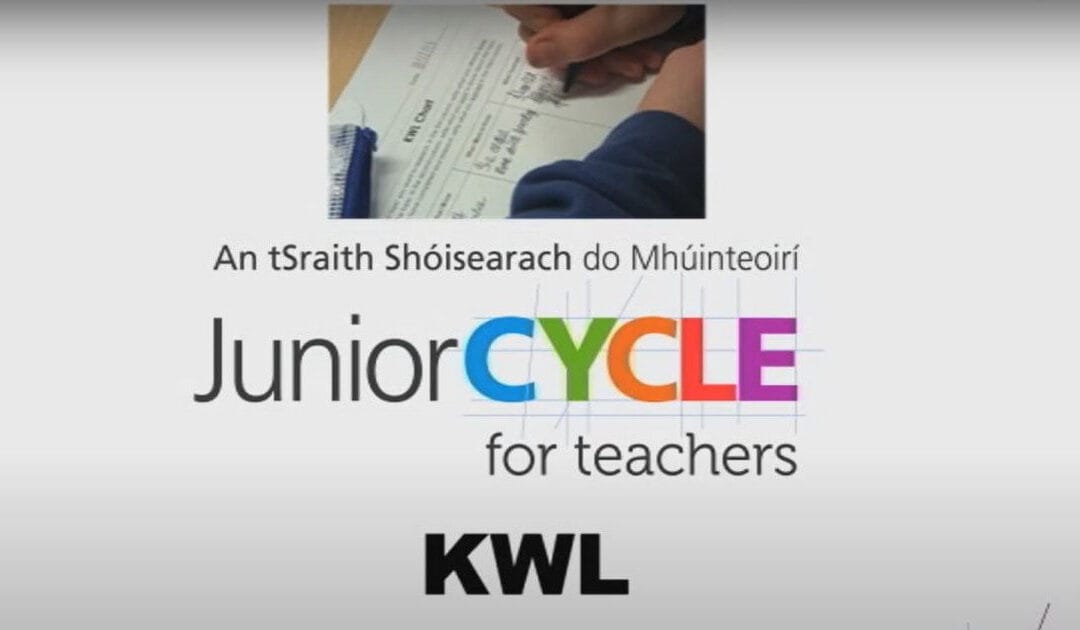
KWL Chart – Active Methodology
This active teaching method allows students to express what they Know (K), Want to Know (W) and what they have Learned (L) from a lesson. By being aware of students’ interests and prior knowledge, the teacher can create projects and assignments that are both challenging and enjoyable for the students.
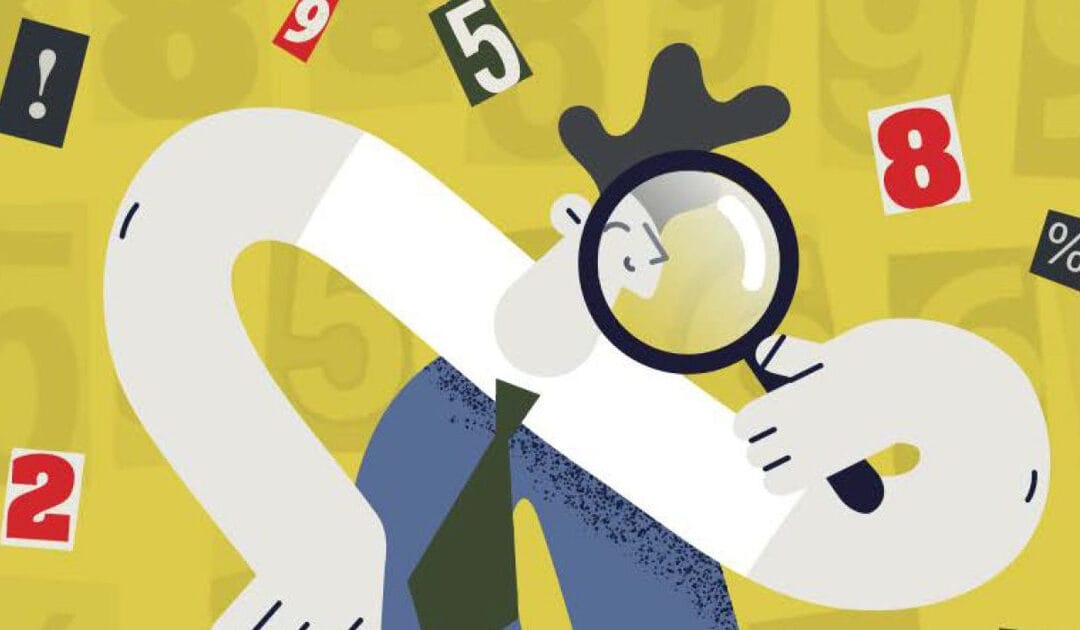
Numeracy in the News
Created with support from data experts at The Economist, the 6-hour scheme of work helps 10-16 year-olds explore examples in the news, hear from data journalists and interrogate the reliability of data across four lively lessons before reflecting on their learning.
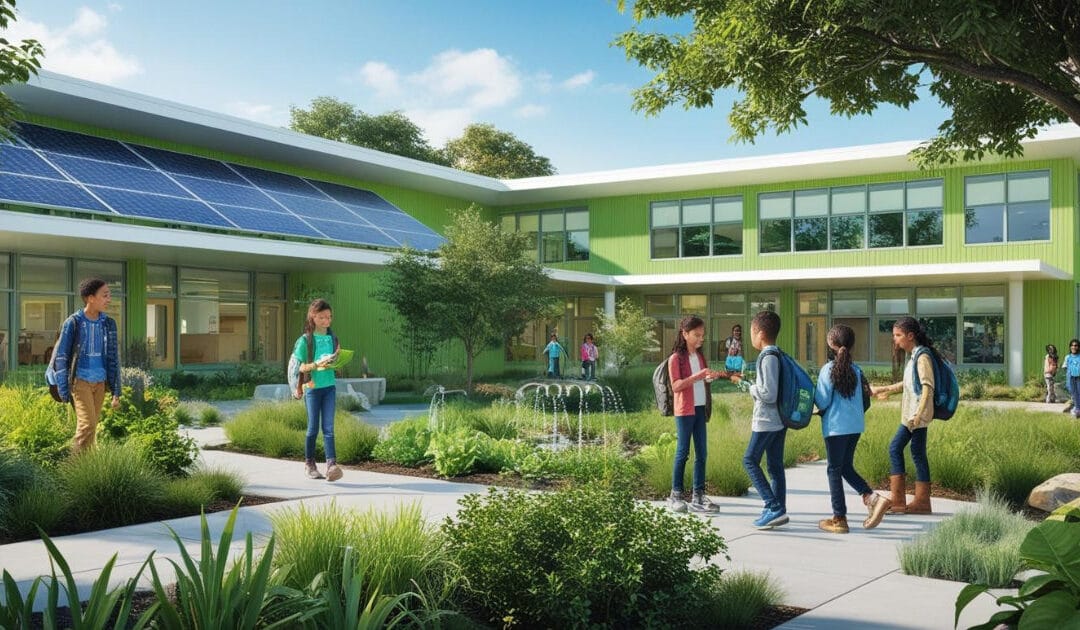
Step-by-step Toolkit to Establish a Sustainability Strategy
This is a toolkit designed to support secondary schools in developing a whole-school sustainability strategy, using a collaborative, participatory approach that includes stakeholder mapping, impact assessment, goal setting, action planning, and monitoring.
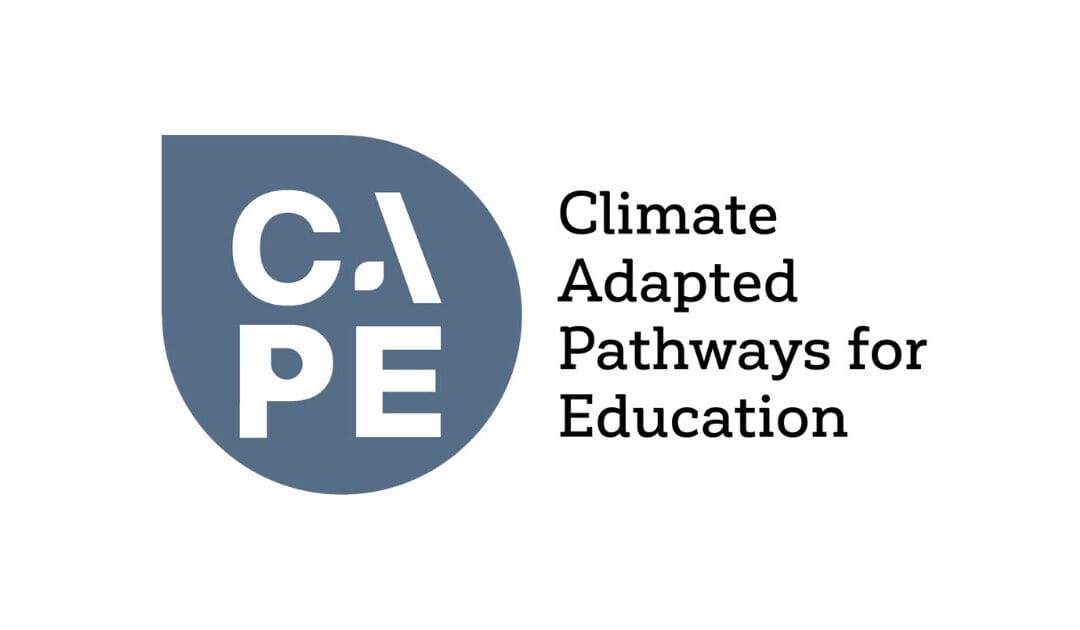
Implementing Climate Change Education in Schools: Constructive Hope in Action report
The CAPE Report 2024 emphasises the urgency of implementing high-quality climate change education (CCE) in schools. It advocates for a systematic approach focusing on implementation, curriculum development, and professional development while emphasising the importance of evidence-informed strategies to sustain effective CCE practices.
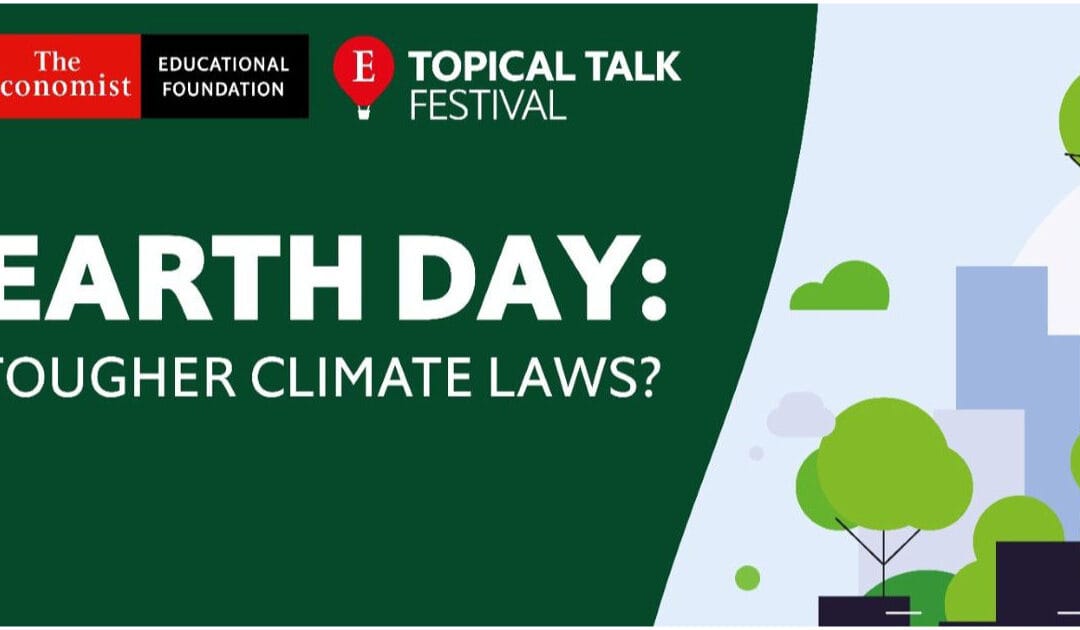
Tougher Climate Laws?
The power to protect the planet lies within people’s lifestyle choices. Do we need tougher climate laws? This 1-hour lesson explores the climate crisis with students and the possible need for more laws.
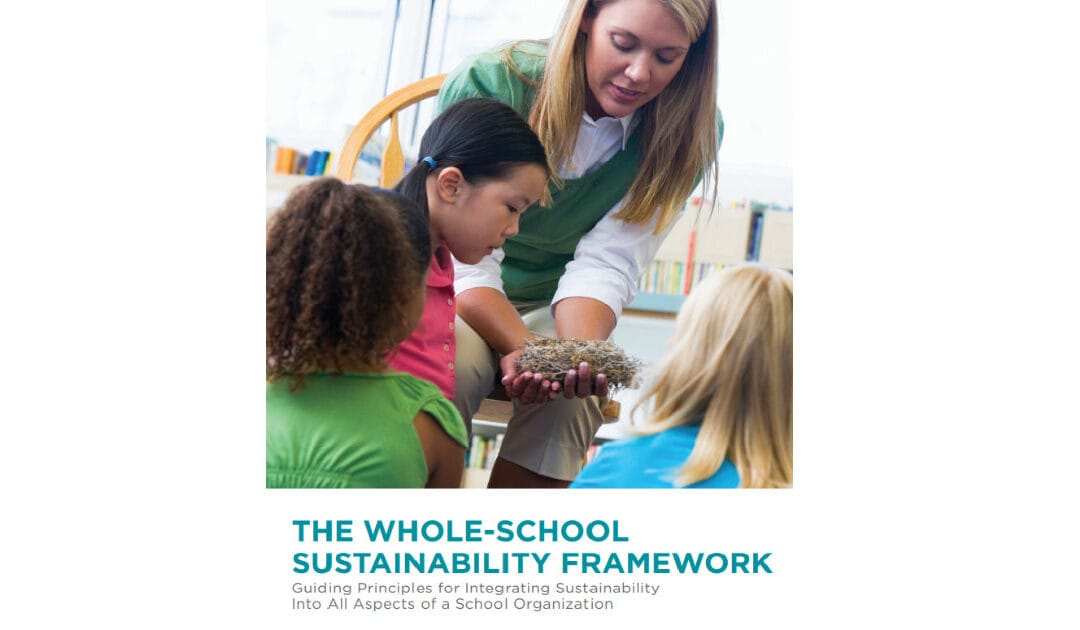
Whole-School Sustainability Framework
This is a framework for embedding sustainability throughout school operations, teaching, and culture. It outlines a vision for whole-school transformation through leadership, systems thinking and shared values.
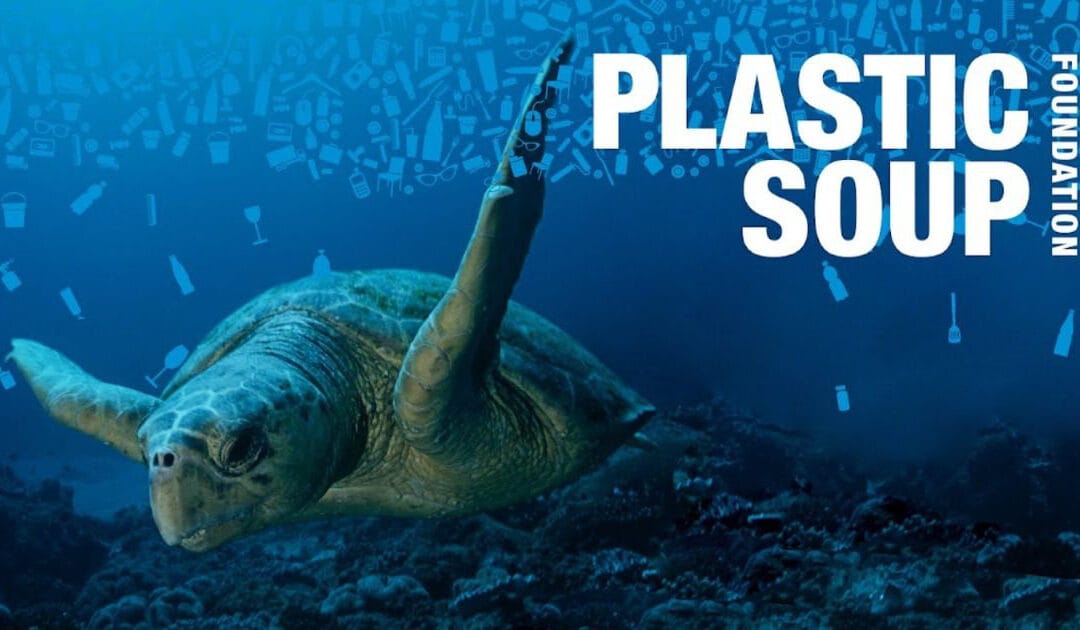
Plastic Soup
This introductory lesson from the Plastic Soup Foundation engages and educates students on problems with plastic waste and the impact it has on our oceans.
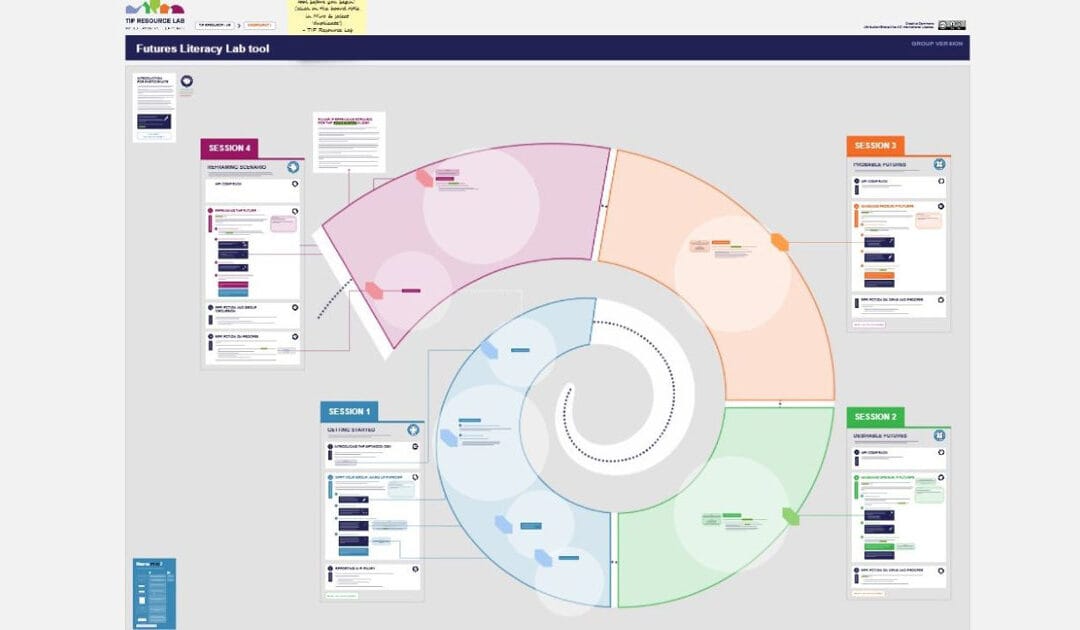
Futures Literacy Lab
This tool guides participants through a Futures Literacy Lab, a practical method to help us reveal, reframe and rethink our assumptions to imagine the future.
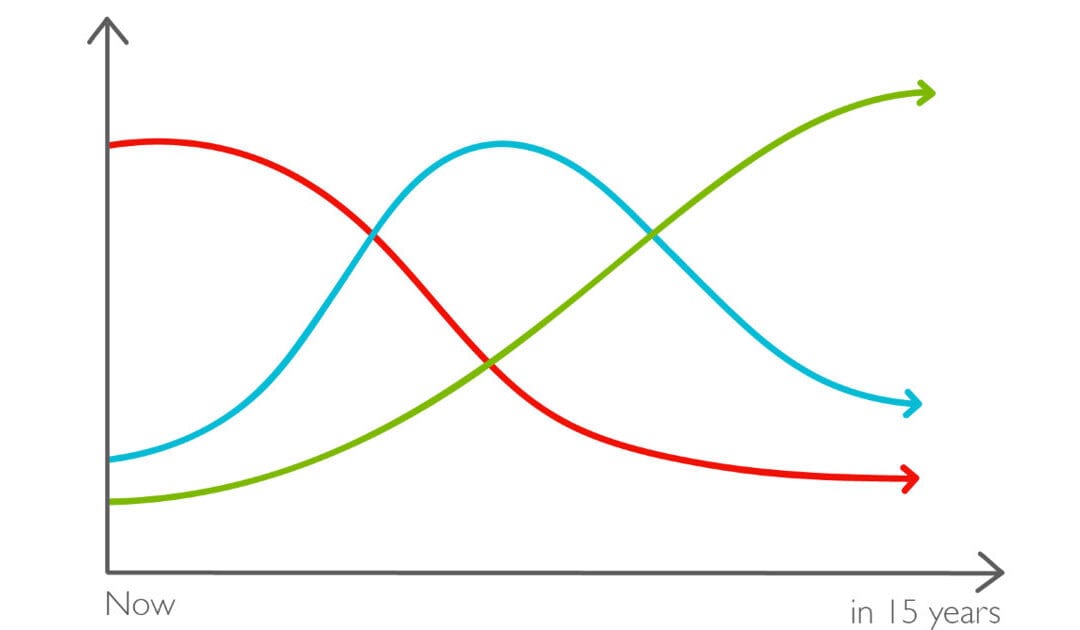
Three Horizons Framework
The Three Horizons Mapping approach builds towards a sense-making map of an issue of concern in a way relevant to formulating visionary action for innovation and transformation. The framework recognises the voices of managers, visionaries and entrepreneurs and proposes how they might collaborate to navigate conversations about the future.
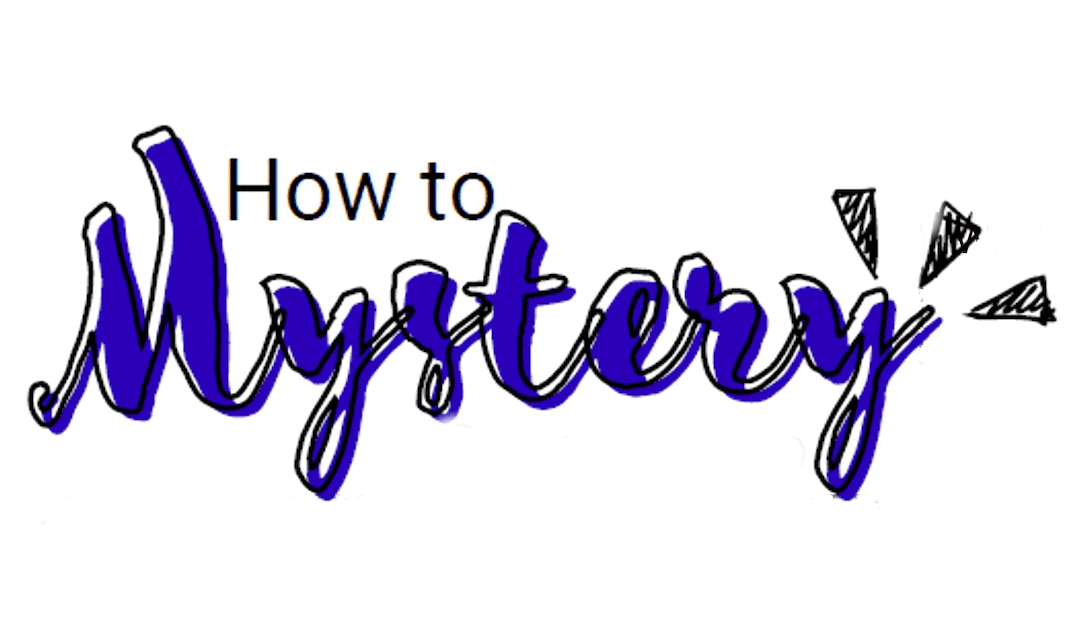
How to Mystery
The resource explains how to design and implement a Mystery Game as an educational tool to promote critical thinking, problem-solving, and teamwork. It outlines the process, from creating a thought-provoking scenario to group discussions and reflection. The guide emphasizes open-ended exploration, student-driven learning, and adaptable difficulty levels.
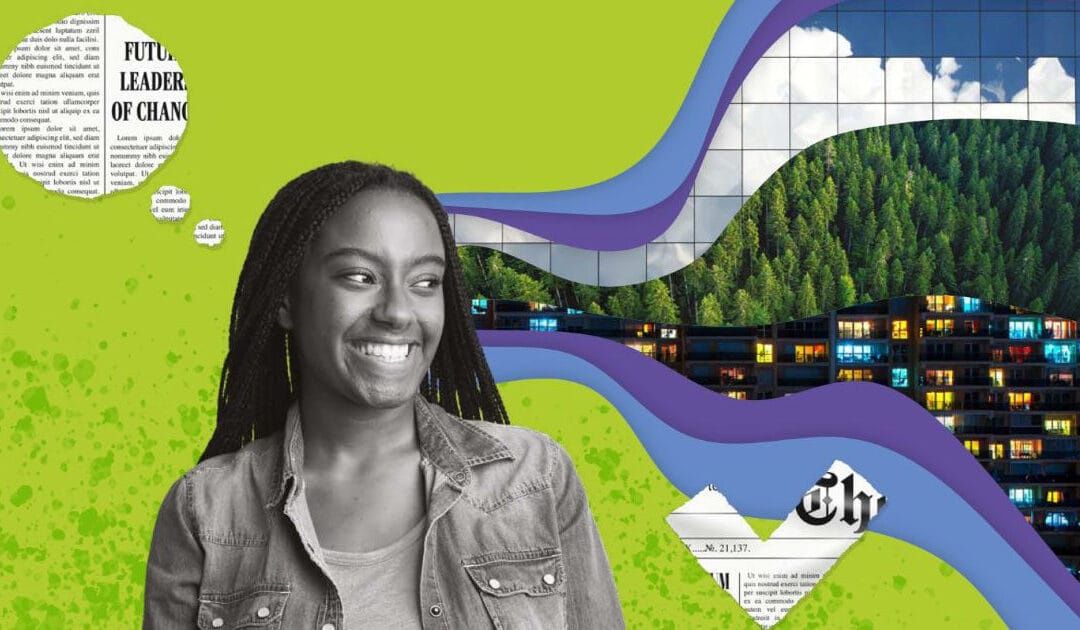
Leadership for Change
Leadership for Change is a six-lesson curriculum designed for the next generation of leaders. Students will hear from inspiring leaders and apply the skills they develop to address local challenges. The first lesson is hosted on the Synapses Portal, with the remainder available from the Economist Educational Foundation website.
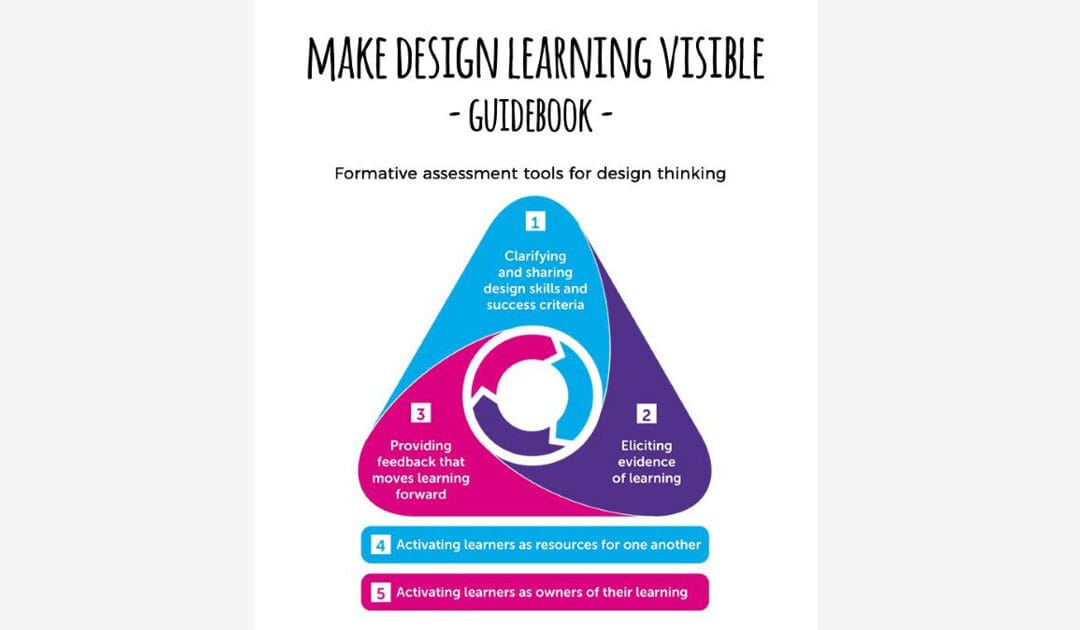
Make Design Learning Visible
The Make Design Learning Visible approach for formative evaluation of design skills in design and technology education is designed for use with 8 – 14-year-olds. The approach can be modified for use with younger or older pupils. Formative assessment is a good way to enhance learning to design.
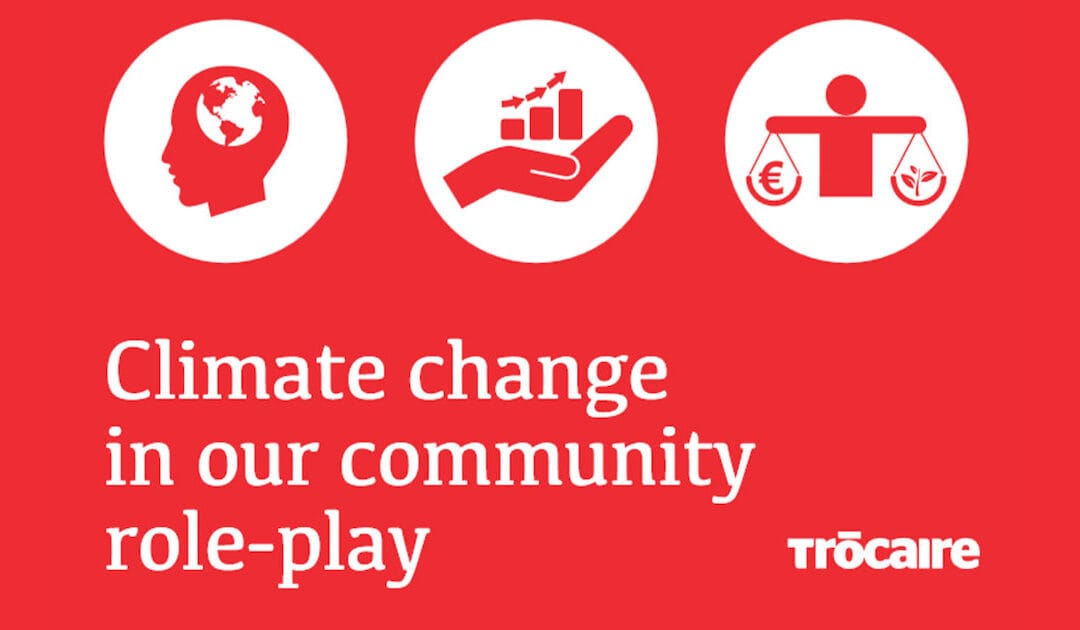
Oil or the environment? A role-play on the climate change debate
The resource introduces role-play as a teaching method, fostering social skills, critical thinking, and decision-making. It engages students in debating environmental and economic trade-offs through a simulated oil extraction dilemma. The activity develops awareness of climate change, power dynamics, and sustainability challenges in a hands-on learning experience.

